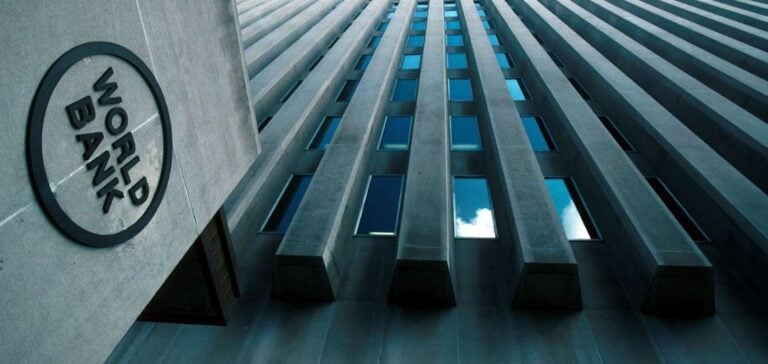Nuevo León, a key industrial region in Mexico, is participating in an international initiative to promote low-carbon hydrogen. The state has joined the Hydrogen for Development (H4D) program, launched by the World Bank in 2022, with the aim of fostering a sustainable hydrogen economy in developing countries.
According to Natalia De la Fuente, Director of Energy Security and Transition at the Renewable Energy Agency of Nuevo León, this initiative seeks to “exchange knowledge and best practices to support the global hydrogen momentum.”
Challenges for expanding capacity
The program requires significant investments in renewable energy infrastructure. Currently, Nuevo León operates 1,000 MW of renewable capacity out of a total 8,000 MW installed. However, the Renewable Energy Agency emphasizes that increasing this capacity is critical to meeting the growing demand for green hydrogen.
The initiative is further supported by Nuevo León’s participation in the h2 Regional Energy Hub, a partnership with Houston aimed at developing local supply chains and integrating hydrogen across various industrial sectors.
Financial and regulatory hurdles
Despite these advancements, large-scale hydrogen production remains a challenge. The World Bank highlights financial, regulatory, and technological obstacles, particularly in Latin America. Projects require cost reductions through innovations such as improved electrolyzer efficiency and enhanced risk management to attract investors.
The Global Hydrogen Review 2024 by the International Energy Agency estimates that Latin America must increase its renewable energy capacity by 140% by 2030 to reach a potential of 7 million tons of low-carbon hydrogen annually.
Pressure on the I-REC market
At the same time, the development of the hydrogen economy in Mexico is driving increased demand for International Renewable Energy Certificates (I-REC). These certificates ensure traceability and environmental compliance for green energy projects.
However, according to Normex, the I-REC issuer in Mexico, supply remains limited. In 2024, only 0.31 MW of new capacity was registered for certification, compared to 798 MW in 2023. This limited growth has put upward pressure on certificate prices, which reached $2.15/MWh for 2024 technologies.
Normex warns that if the current dynamics persist, combining increasing demand with low infrastructure growth, high certificate prices could remain a medium-term challenge for the competitiveness of green hydrogen projects.






















